The Ultimate Guide to Finding the Right Life Coach in India
Sheena Iyengar, the best selling author of 'The Art of Choosing' and widely renowned as the expert on choice, once said...

You've done everything "right." Built the career. Checked all the boxes. But now? You feel stuck. Fried. Quietly dreading Mondays. And secretly wondering, "Is this all there is?"
✓ 30-minute free consultation ✓ Zero pressure ✓ Completely confidential
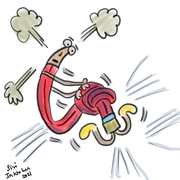

I spent far too many hours at work, wondering if I was doing enough, if I should be doing more, and if what I was doing was even valued. There was always a gap.
That cost was prohibitive for me, and I knew it was for others too.



You've left (or are leaving) the well-trodden road to explore something you can't quite name and it's terrifying.

*Only 12 slots available monthly for coaching sessions

It's real, foundational work that shifts who you are, so aligned action feels inevitable.
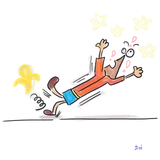
"Siri is unlike any coach I have ever met. She doesn't force an outcome or push me in any particular direction. Each session is full of surprises and personal discoveries."
Only ~22,521 coaches worldwide hold this advanced certification
Last role: Vice President at a global financial services organization
Extensive experience helping professionals transform their careers
Former role at HSBC leading mindfulness initiatives
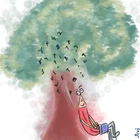
"The passion and skill that Shirisha has for mentoring and coaching is a true gift. She was the tugboat to my otherwise lost ship at sea. The biggest turning point was me feeling for myself, not just empathising with other people."
— Mid-Career Professional
"If I had to sum up my coaching experience in three words: clarifying, grounding, transformative. The shift in how I approach work and myself is already playing out in visible, meaningful ways."
— Senior Executive
"I can't trust talking about my career with anyone; I had bad experiences. Shirisha patiently listened, worked through the confusion and gave me a perfect fit solution."
— Career Changer







This is transformational coaching rooted in deep inquiry, somatic practices, and inner guidance.
We don't start with goals; we start with what's real. The clarity you're craving doesn't come from spreadsheets. It comes from stillness, honesty, and inner alignment.
Coaching since 2013 with over 500 hours of client coaching. ICF PCC Certified. 21+ years corporate experience including VP role at HSBC.
But more importantly: I've walked this path. I understand the complexity of outgrowing success that no longer fits.
Somatic practices help you reconnect with your body's wisdom. When we're stuck in our heads, our body often holds the answers.
We use breathwork, mindful awareness, and gentle movement to access insights that thinking alone can't reach.
Because transformation doesn't require months of analysis. When you have the right container and support, clarity can emerge quickly.
Three sessions over 21 days gives you enough time to integrate insights while maintaining momentum toward action.
Perfect. That's exactly where we start.
Most people think they need to know their destination before taking the first step. But clarity comes through movement, not through thinking harder.
I don't believe you need to be fixed, optimized, or given more strategies.
Instead, I create space for you to reconnect with what you already know. The answers are inside you. They just need permission to emerge.
The discomfort isn't going away. It's getting stronger. That's your inner wisdom asking for your attention.
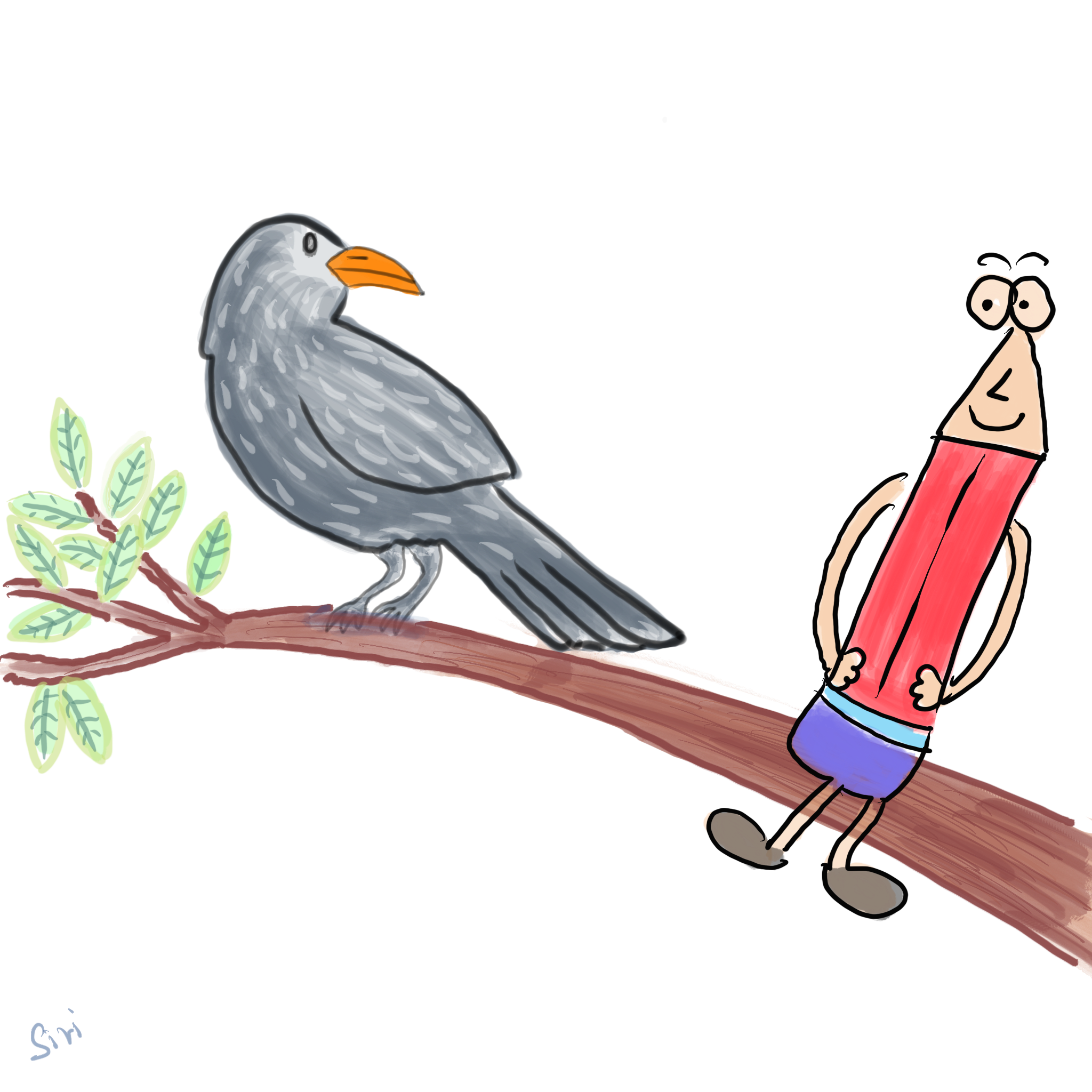

Real insights from someone who's been where you are. No fluff, just practical wisdom for your career journey.

Sheena Iyengar, the best selling author of 'The Art of Choosing' and widely renowned as the expert on choice, once said...

Life Coaching vs Therapy: What do you need? Imagine this: You are feeling stuck in life...
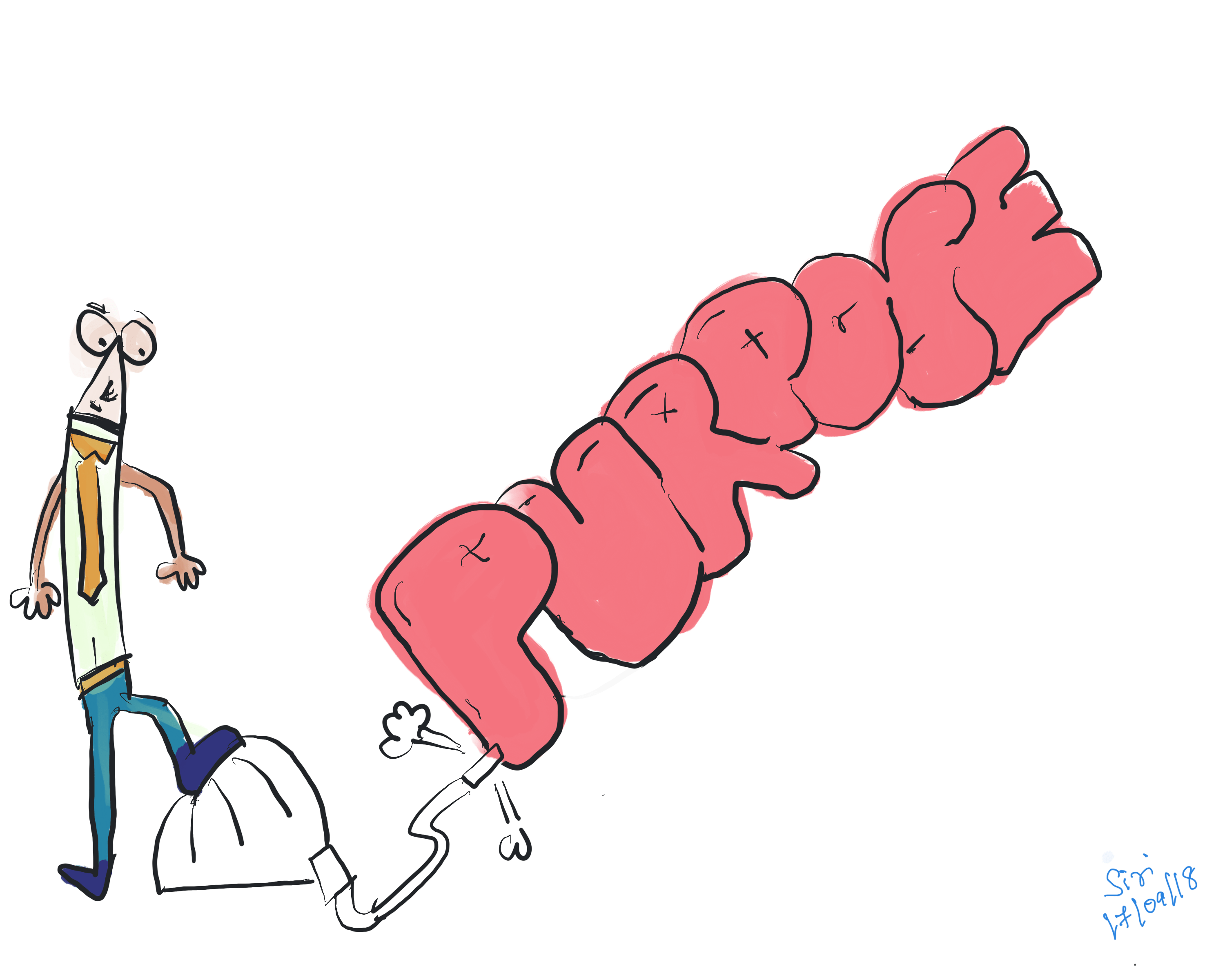
There is an inside joke among coaching professionals: 'After the second session, every coaching is...'